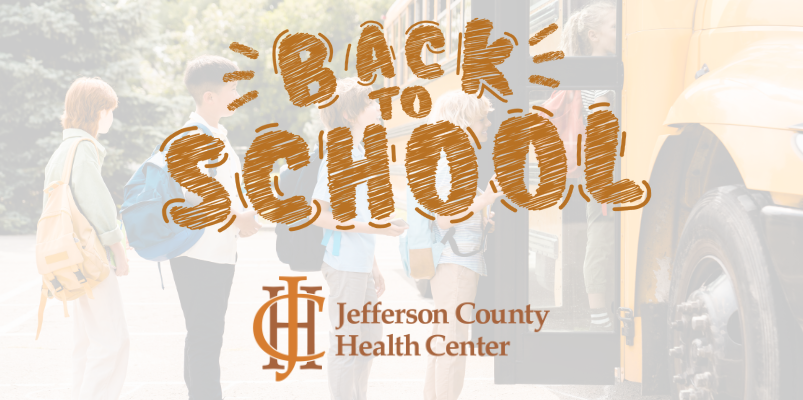Head Lice: What Parents Need to Know as School Starts
August 25, 2025

As families gear up for a new school year, it's important to stay alert for common health concerns—like head lice. Jefferson County Health Center encourages parents to be prepared and informed.
What Are Head Lice?
Head lice are tiny insects that live on the scalp and feed on blood. They don’t spread disease, but they can cause itching and discomfort—and spread easily among children in close contact.
Prevention Tips:
- Teach kids to avoid head-to-head contact during play.
- Don’t share combs, hats, or personal items.
- Regularly check your child’s scalp, especially behind the ears and at the nape of the neck.
Treatment Options:
- Over the counter (OTC) lice treatments are available but must be used exactly as directed.
- Prescription treatments may be recommended if OTC options don’t work.
- After treatment, use a fine-toothed comb to remove nits (lice eggs) and check daily for a few weeks.
Remember:
- You don’t need to fumigate your house.
- Wash bedding, clothing, and items used in the past two days in hot water and dry on high heat.
? If you're unsure what treatment is best, contact your provider at JCHC Clinics for personalized guidance.
Source:
U.S. Food & Drug Administration – Treating and Preventing Head Lice